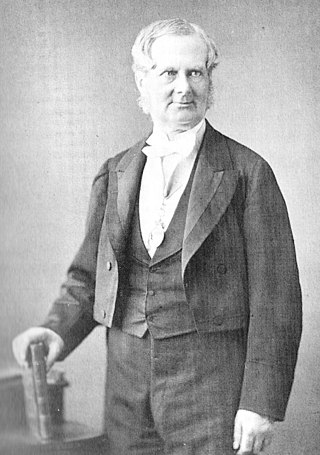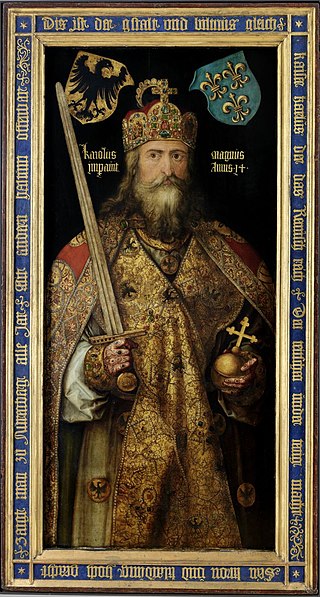A family history society or genealogical society is a society, often charitable or not-for-profit, that allows member genealogists and family historians to profit from shared knowledge. Large societies often own libraries, sponsor research seminars and foreign trips, and publish journals. Some societies concentrate on a specific niche, such as the family history of a particular geographical area, ethnicity, nationality, or religion. Lineage societies are societies that limit their membership to descendants of a particular person or group of people of historical importance.

Genealogy is the study of families, family history, and the tracing of their lineages. Genealogists use oral interviews, historical records, genetic analysis, and other records to obtain information about a family and to demonstrate kinship and pedigrees of its members. The results are often displayed in charts or written as narratives. The field of family history is broader than genealogy, and covers not just lineage but also family and community history and biography.

Sir John Bernard Burke, was a British genealogist and Ulster King of Arms, who helped publish Burke's Peerage.
A one-name study is a project researching a specific surname, as opposed to a particular pedigree or descendancy. Some people who research a specific surname may restrict their research geographically and chronologically, perhaps to one country and time period, while others may collect all occurrences world-wide for all time.
Gary Mokotoff (born April 26, 1937) is an author, lecturer, and Jewish genealogy researcher. Mokotoff is the publisher of AVOTAYNU, the International Review of Jewish Genealogy, and is the former president of the International Association of Jewish Genealogical Societies (IAJGS). He is the creator of the JewishGen's Jewish Genealogical Family Finder and the Jewish Genealogical People Finder. He co-authored the Daitch–Mokotoff Soundex system. Mokotoff is co-author of Where We Once Walked: A Guide to the Jewish Communities Destroyed in the Holocaust.

A royal descent is a genealogical line of descent from a past or present monarch.
John Burke was an Irish genealogist, and the original publisher of Burke's Peerage. He was the father of Sir Bernard Burke, a British officer of arms and genealogist.

The New England Historic Genealogical Society (NEHGS) is the oldest and largest genealogical society in the United States, founded in year 1845.

Levett is a surname of Anglo-Norman origin, deriving from [de] Livet, which is held particularly by families and individuals resident in England and British Commonwealth territories.
Joseph Foster was an English antiquarian and genealogist whose transcriptions of records held by the Inns of Court and the University of Oxford remain important historical resources.

JewishGen is a non-profit organization founded in 1987 as an international electronic resource for Jewish genealogy. In 2003, JewishGen became an affiliate of the Museum of Jewish Heritage – A Living Memorial to the Holocaust in New York City. It provides amateur and professional genealogists with the tools to research their Jewish family history and heritage.
William Phillimore Watts Phillimore MA BCL was an English solicitor, genealogist and publisher.
The Council of Irish Genealogical Organisations (CIGO) is a representative group which lobbies for better and greater access to source material for those involved in the study of Irish genealogy. It was founded in Dublin in 1992.
Malcolm Henry Stern was an American rabbi, historian, and genealogist. Through the work he did that supported secular genealogical communities and resources, as well as created what is the structure and backbone of current Jewish genealogical societies, Stern's efforts created long-lasting, far-reaching cooperative organizations. For these reasons, Stern has been described as the dean of American Jewish genealogy.

Ackerman, Tasha. "Miriam Weiner: The Genealogist with a Desire "(PDF). The Together Plan.
The Hereditary Society Community of the United States of America ("HSC") is a non-profit organization, founded in 2002, which conveys the public interface for over 300 lineage societies. HSC's primary mission is to facilitate and increase the community's aggregate focus on genealogical accuracy; access to information and research tools; accurate public listing of contact data; non-partisan civic outreach; historical education; scholarship; and fraternity and collegiality between organizations. The organization meets every April, in Washington, D.C., for an annual meeting and gala event.

Gesher Galicia is a Jewish genealogical nonprofit organization, operating as a special interest group for those with Jewish roots from the former Austrian-ruled province of Galicia, part of modern-day western Ukraine and southeastern Poland.